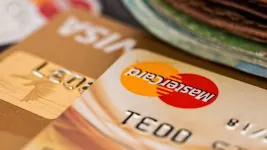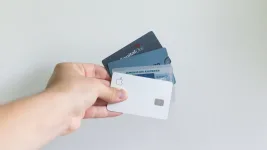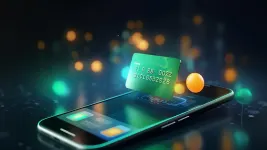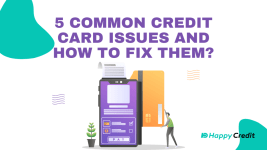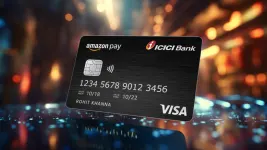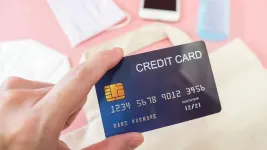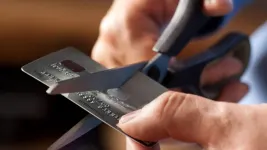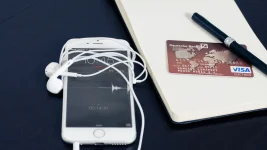Beginner’s Guide to Credit Cards [August, 2024]
Credit cards are a valuable and necessary tool in today’s financial world, but they can also be dangerous if you don’t use them responsibly. If you are new to using credit cards or want to brush up on your credit knowledge, this beginner’s guide to credit cards is for you.
In this article, we will discuss how to use a credit card first time responsibly, select the right credit card for your needs, and avoid going into debt.
The Basics of Credit Cards
A credit card is a payment card that allows users to borrow money from a bank or financial institution to make purchases. Credit card users are responsible for repaying the borrowed amount, plus interest, unless they pay off their balances in full each month.
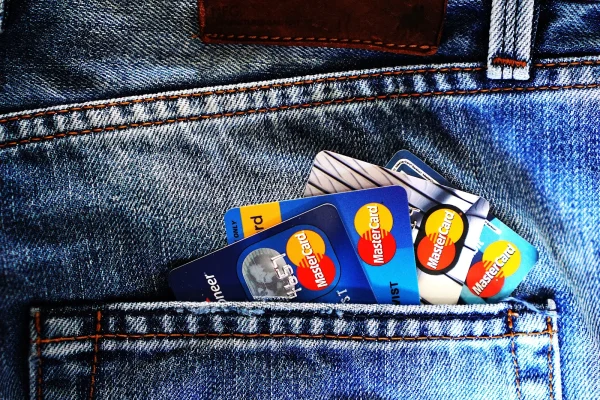
To use this facility, a person must apply for and be approved for an account, typically involving a credit check. One of the first steps in using a credit card is to activate it. Once the credit card is activated, you can use it to make purchases or withdraw cash at ATMs. However, it’s crucial for credit card users to manage their accounts carefully to avoid late fees, interest charges, and other problems.
With your credit card activated and ready to go, you can start enjoying the convenience and financial flexibility it offers. Now that you know the basics of credit cards, it’s time to explore how to use them responsibly.
How to Use a Credit Card Responsibly?
Using a credit card responsibly can be vital in avoiding debt and staying financially secure.

Here are some tips to help you use your credit card responsibly and avoid debt. Doing so will help you keep financially secure and set you up for long-term success.
- Set a budget: Before making your credit card, it is crucial to set a budget. Decide how much money you are comfortable spending and stick to it. This will help you avoid getting into debt or overspending.
- Pay your balance in full each month: Pay your credit card balance for the entire month. This will ensure you avoid interest charges and won’t have to pay back more than you owe.
- Monitor your spending: Keep an eye on your spending habits and look for any signs of irresponsible spending. This will help you spot areas where you may need to make changes.
- Only use your card when necessary: Try only to use your credit card when necessary. This will help you stay within your budget and avoid making unnecessary purchases.
- Don’t be afraid to ask for help: If you are struggling with debt, don’t be scared to ask for help. Many organizations and services can help you get out of debt and back on the path to financial security.
Advantages of Using a Credit Card
You can build your credit score and gain financial independence by managing your money and using credit cards responsibly.
Here are some of the most significant benefits of using a credit card:
- Convenience: Using a credit card allows you to make purchases online, over the phone, or in person without carrying cash or cheques.
- Security: Making purchases with a credit card is safer and more secure if you use the card correctly and follow all security protocols.
- Rewards: The rewards programs offered by most credit cards allow you to earn points when you spend money at different stores or restaurants.
- Flexibility: It allows you to make purchases and pay back your debt on your terms with a credit card. You can pay off the entire monthly balance with the funds available.
- Easily Activate Credit Card: This process typically involves calling the number provided by the issuer or activating it online through the issuer’s website.
- Building Credit: The significant benefit of using a credit card is building your credit score. Making payments on time and keeping your balance low can help you get better interest rates.
Note: Take the time to research all your credit card options, including the process for credit card activation, and understand all the terms and conditions.
Disadvantages of Using a Credit Card
A credit card can be an excellent way to build your credit and make purchases, but there are some potential drawbacks.
The following are some disadvantages of using a credit card so that you can avoid any potential pitfalls.
- High-Interest Rates: Credit cards come with high-interest rates that can quickly get out of hand if you don’t make payments on time. This can lead to expensive debt if you’re not careful about making regular payments.
- Fees: Credit cards often come with annual fees, balance transfer fees, late payment fees, and other charges that can add up quickly and dent your budget.
- Debt Accumulation: When used without a plan, credit cards can quickly lead to debt accumulation. It is essential to keep track of your spending and set a budget, so you don’t find yourself in a cycle of debt.
- Limited Availability: Not all retailers accept credit cards, so it is vital to plan and have other payment methods available if necessary.
- Impact on Credit Score: Missing payments or having a large debt on your credit card can negatively affect your credit score. It can make it more difficult to obtain financing or other types of credit in the future.
What are the Charges for Credit Cards?
If you are here thinking about how to use a credit card for the first time, it’s essential to understand the charges associated with it so that you can use it responsibly and avoid debt.
- Annual Fee: Most credit cards in India come with a yearly fee. Depending on the card, it can be anything from a few hundred rupees to several thousand rupees. It is also possible to have a one-time joining fee that is charged when you first apply for the card.
- Interest Rate: Credit cards in India come with interest rates that vary from bank to bank and depend on your credit history. Credit cards in India typically come with interest rates of about 13% to 35% per annum. The higher your credit score, the lower the interest rate.
- Late Payment Fee: Late payment fees will be charged if you fail to make your minimum payment on time, ranging anywhere from Rs. 100 to Rs. 800 or more, depending on your outstanding balance.
- Over-Limit Fee: Credit cards in India generally come with a pre-set spending limit. A fee may be charged for exceeding this limit. Usually, it’s around Rs. 500.
- Cash Advance Fee: ATM cash withdrawals using your credit card will cost you 3% of the amount withdrawn plus a flat fee between Rs. 300 and Rs. 500.
Note: A credit card in India will charge you such fees, so you should know all the fees associated with your particular card so you can use it responsibly.
The Bottom Line
In conclusion, using a credit card for the first time can be intimidating, but with a little knowledge and careful planning. It can be a valuable tool for managing your finances if appropriately used, but it is essential to remember that they come with risks.
Be sure to select the right credit card for your needs, understand the terms and conditions, and learn how to use your credit card responsibly by paying off your balance in full each month. With these tips in mind, you can confidently and safely learn how to use a credit card first time and reap its benefits.
FAQs
Q. Is it good to get a credit card but not use it?
In general, yes. If you continue making all your payments on time and are cautious about overextending yourself, those open credit card accounts should positively impact your credit report.
Q. What makes getting a first credit card so difficult?
Getting a credit card for the first time is typically the hardest because you must find an issuer and a credit card that suits people with no credit history.
Q. Is one credit card enough?
Having at least one credit card is wise if you can manage money and make payments on time.
Q. When will my credit score increase after paying off a credit card?
Although you can’t guarantee that paying off debt will improve your scores, you should see a positive change in your credit scores within one to two months after you do it.
Q: Should unused credit cards be canceled or kept?
To increase your credit limit and lengthen your credit history, it’s best to keep unused credit cards open.

Product prices and availability are subject to change. Any price and availability information displayed on merchant's site at the time of purchase will apply to the purchase of these products. HappyCredit is a participant in the Amazon Services LLC Associates Program, an affiliate advertising program. As part of this program, we may earn commission from qualifying purchases made through the affiliate links provided on this website. We only promote products on Amazon that we genuinely believe are of high quality and value to our audience. The inclusion of affiliate links does not influence our editorial content or product recommendations. Our primary goal is to provide useful information and help you make informed purchasing decisions.
Certain portions of the text in this article might have been created using AI tools and subsequently edited by the author to improve the overall quality and clarity of the content for readers.
![Beginner’s Guide to Credit Cards [August, 2024] Beginner’s Guide to Credit Cards [August, 2024]](https://happycredit.in/cloudinary_opt/blog/opt-2w2dz.webp)

